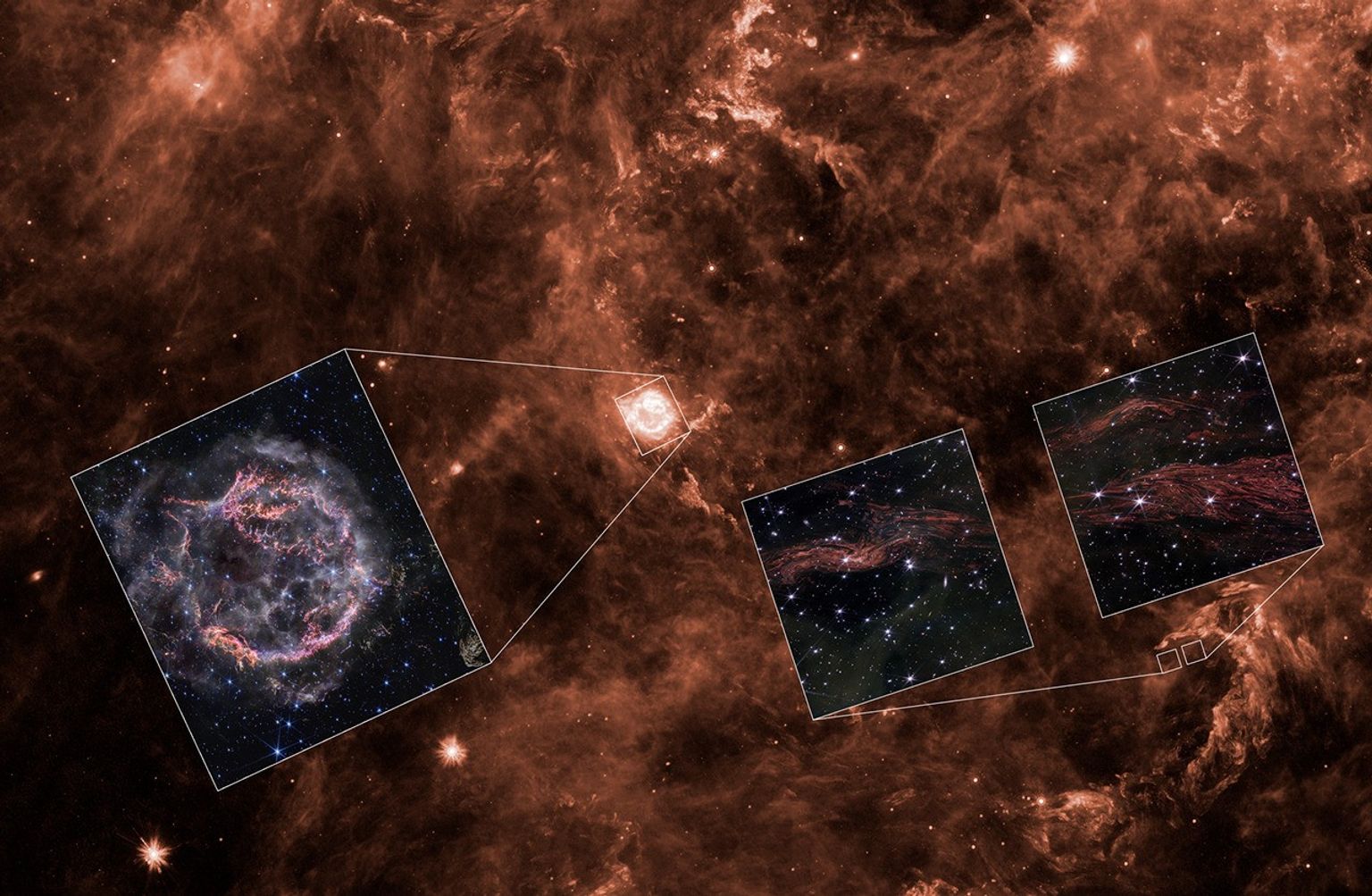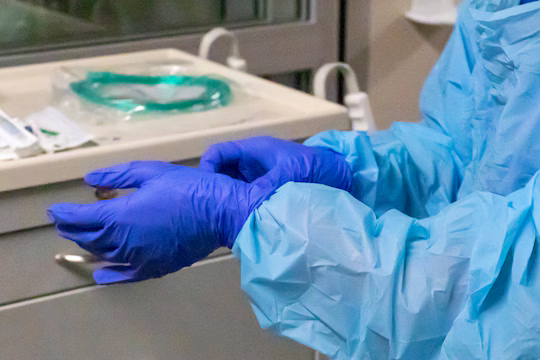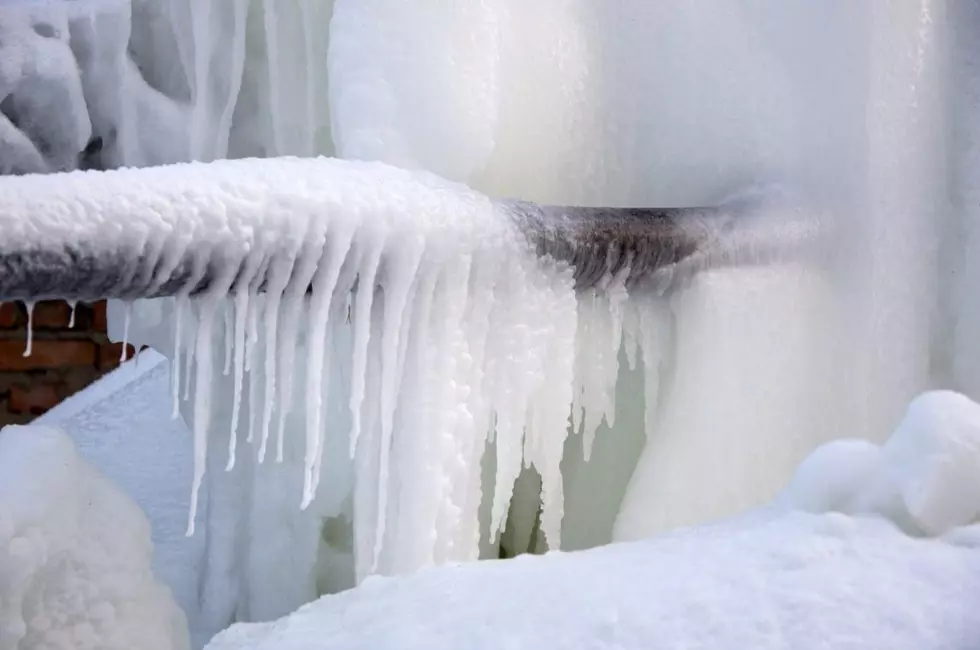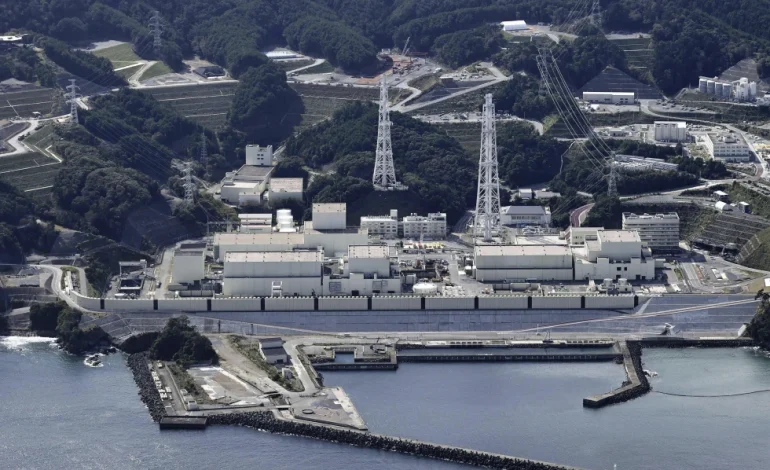A Japanese nuclear reactor that had recently restarted after a 13-year hiatus following the 2011 Fukushima disaster has been shut down again due to an equipment problem, The Associated Press reports.
The No. 2 reactor at the Onagawa nuclear power plant, located on Japan’s northern coast, was put back online on October 29 with hopes of starting power generation in early November.
However, just five days after its restart, a glitch occurred in a device related to neutron data within the reactor, forcing its shutdown on Monday. The plant operator, Tohoku Electric Power Co., stated that the reactor was operating normally at the time of the incident and there was no release of radiation. Nevertheless, the company decided to shut down the reactor to re-examine equipment and address concerns about residents’ safety. No new date for a restart has been announced.
The Onagawa plant, located 100 kilometers north of the Fukushima Daiichi plant, was hit by a massive tsunami in 2011 but managed to maintain its crucial cooling systems and achieve a safe shutdown of all three reactors. This incident highlights the ongoing challenges of restarting nuclear reactors in Japan, particularly in the wake of the Fukushima disaster.
The Onagawa No. 2 reactor was the 13th of 33 still useable reactors to restart, with Japan’s government actively pushing for a revival of nuclear energy to secure a stable energy supply and meet its 2050 carbon neutrality goals.
However, public concern about nuclear energy remains high, especially after a magnitude 7.5 earthquake struck Japan’s Noto Peninsula in January 2024, killing over 400 people and causing significant damage. The earthquake also resulted in minor damage to two nearby nuclear facilities, highlighting weaknesses in evacuation plans for the region.









